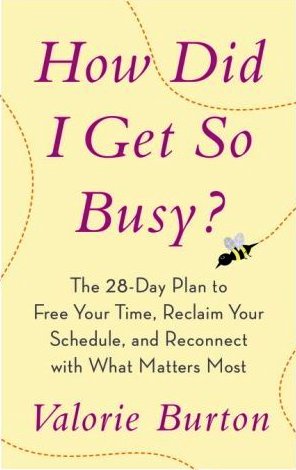The Lesson God Offers When Someone (or Something) Else Is to Blame
"A man's wisdom gives him patience; it is to his glory to overlook an offense."
—Proverbs 19:11
Have you ever found yourself in a situation in which someone else created a problem and you are left to fix it? It can be extremely frustrating. Often it leads to a cycle of blaming and complaining. This week, I feel led to share a few words of inspiration for those areas of your life in which you feel like a victim of your circumstances.
You can be absolutely right—perhaps someone else is to blame, but blaming doesn't get you any closer to fixing a problem or overcoming a challenge. I have found that you can get to the other side of your challenge a lot more quickly if you change your focus:
Let go of blame and grudges, and forge ahead to do what you must do to resolve it.
We cannot control everything that happens to us, but we can control how we respond to it. One of the most important aspects of spiritual growth is shifting your focus to a solution rather than focusing on who is to blame.
When you blame others, you are essentially saying, "Other people determine my destiny. Others determine my happiness, my goals and my future." Whatever happens in your life, taking responsibility for it empowers you to learn and do better in the future.
Sometimes, as hard as it is to admit, others are not the only ones to blame. It is freeing to admit our own culpability in the problems we face. It's OK to be wrong or make a mistake sometimes. As humans, it's part of who we are—imperfect. Mistakes are often the best way to learn. Instead of trying to cover up or pretend that a mistake didn't happen or wasn't your fault, why not ask, "What could I do differently next time?"
When I wanted to write a book nine years ago, but never got around to it, I always blamed my business and a lack of time. But you know what? Blaming my schedule was useless. It didn't get the book written. Instead, it justified me not writing it. It wasn't until I got tired of blaming my schedule that I finally put pen to paper and wrote.
Be honest with yourself. Are you blaming someone or something for circumstances you don't like in your life? Do you find yourself blaming your employer for financial challenges because they don't pay you enough? Do you blame your family for problems? Do you blame the world for not opening doors of opportunity? Whether someone else is to blame for our circumstances or not, we don't move any closer to our goals by blaming and complaining. In fact, life is often waiting on us to simply accept responsibility, learn the lessons and exercise faith that God can help us change the circumstances. Perhaps that's the lesson He is offering you today: It doesn't really matter how you got to this point—whether in your finances, a relationship, your health or your work. What really matters is that you learned what you were meant to learn and that you persevere the next level on your journey.
My Challenge to You This Week:
Refuse to play the blame game. When you feel tempted to blame someone else, stop yourself and ask, "What responsibility do I have in this situation?" "What action would empower me to take control of the situation rather than being left feeling like a victim of circumstances?"
Journaling Assignment:
In what area of my life do I most need to accept responsibility and shift my focus to resolving an issue? How? What can I do differently?

 Taken from Rich Minds, Rich Rewards E-Newsletter. Written and distributed by Inspire, Inc. © 2008 Valorie Burton. All rights reserved. Used with permission. www.valorieburton.com.
Taken from Rich Minds, Rich Rewards E-Newsletter. Written and distributed by Inspire, Inc. © 2008 Valorie Burton. All rights reserved. Used with permission. www.valorieburton.com.
Valorie Burton, a life coach and speaker, is the author of Listen to Your Life, Rich Minds, Rich Rewards, What's Really Holding You Back?, Why Not You? and her latest, How Did I Get So Busy?.